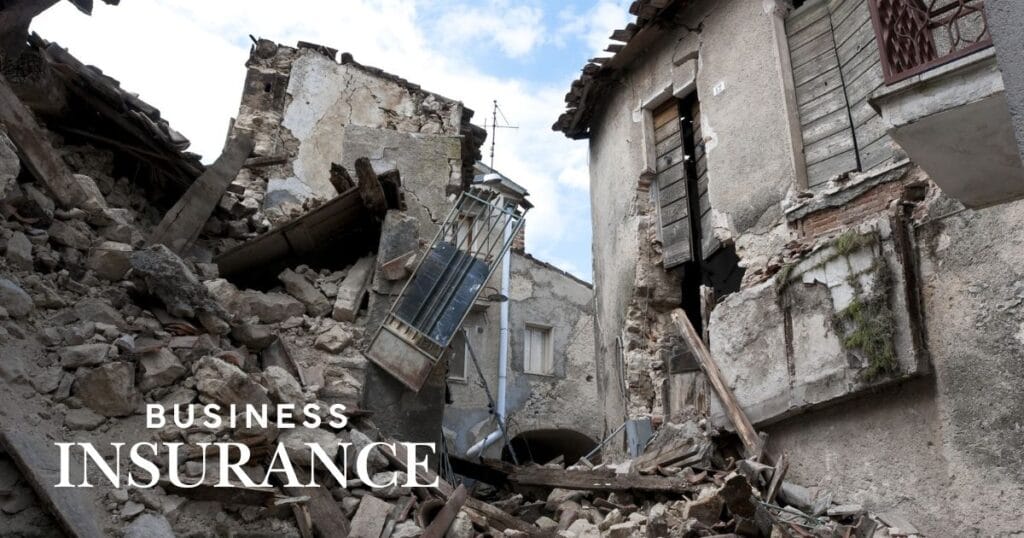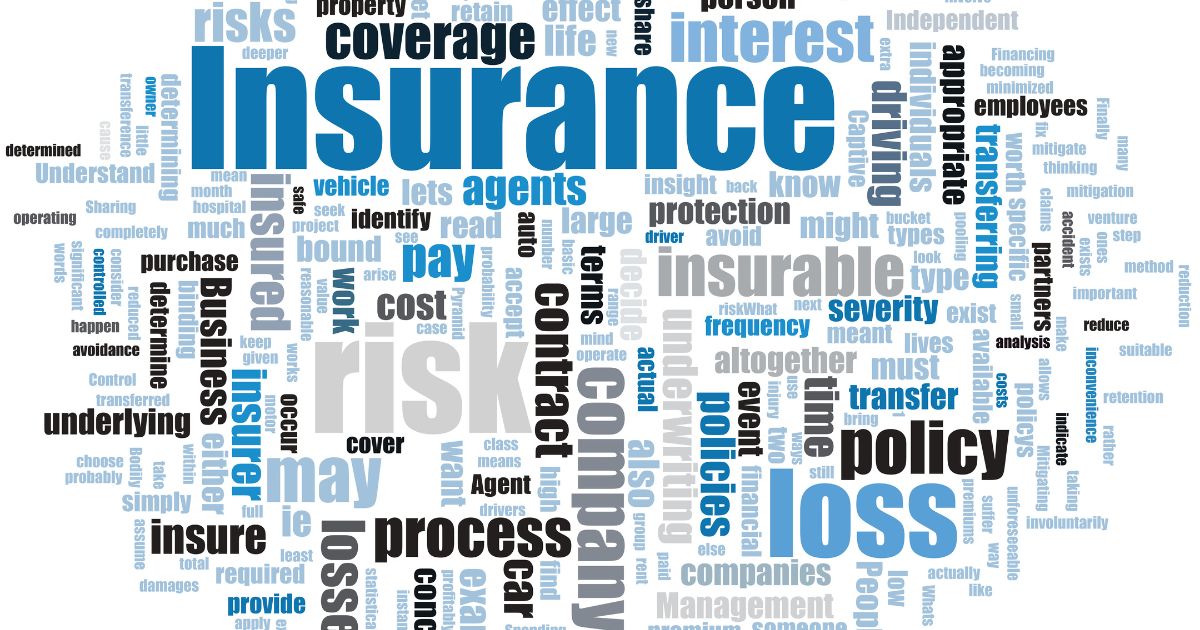How Natural Disasters Affect Business Insurance Claims: What Every Business Owner Should Know

Natural disasters don’t just leave behind physical damage; they disrupt economies, alter the landscape of communities, and create financial strains for businesses. From hurricanes and earthquakes to floods and wildfires, every disaster poses unique challenges for businesses that extend far beyond recovery. Understanding the way these events impact business insurance claims can be the key to smoother, faster recovery in the aftermath.
Surge in Claims Can Mean Delays
When natural disasters strike, insurance companies are flooded with claims from multiple businesses and homeowners all at once. Imagine hundreds of other companies in your area needing claim assistance simultaneously. This flood (literally and figuratively!) of claims puts enormous pressure on insurance adjusters, who may take longer to process each individual claim.
Some businesses have had to wait months to settle their claims due to the volume of claims insurers handle after large-scale disasters. This is why it’s essential to be proactive: if you’re prepared with documentation and accurate reporting, it may help expedite the process.
Documenting the Damage
Documentation is essential. Photos, videos, inventory lists, and receipts—everything counts when it comes to making your case with your insurer. Insurers need specific information to assess damage accurately, and the more comprehensive the documentation, the stronger your claim. Business owners who anticipate potential disaster scenarios often have disaster recovery plans that include specific documentation processes to streamline their insurance claims.
An important tip: If you can, take “before” photos of your business property, so you can compare them to “after” photos following a disaster. It’s a simple but powerful way to help validate the extent of damages.
Understanding Policy Limits and Exclusions
Insurance coverage has its boundaries. For instance, many business policies have strict limits or exclusions when it comes to certain types of natural disasters. While basic property insurance typically covers damage from fire and wind, it may not cover floods or earthquakes unless specified in the policy. Business owners in disaster-prone areas often need to purchase separate coverage—like flood or earthquake insurance—to ensure they’re fully protected.
Also, reviewing policy limits is crucial. Natural disasters can cause widespread destruction, and rebuilding costs can be steep. If your policy has a cap on payouts for property damage or business interruption, it’s wise to know what these limits are ahead of time.
Assessing Business Interruption Coverage
One of the most critical aspects of business insurance is business interruption coverage. This part of your insurance policy can help cover lost revenue, rent, payroll, and other essential expenses while your business is closed due to damage. However, claims involving business interruption can be complex.
For example, business interruption coverage typically only kicks in if there is direct physical damage to the property. So, if your business can’t operate because the city has shut down after a natural disaster—but there’s no physical damage—your coverage may not apply. Knowing the ins and outs of your policy, including what qualifies for a claim, can make a world of difference.
Communicating with Your Insurer Effectively
After a disaster, communication is critical. The earlier you reach out to your insurance provider, the better. Even if you’re still assessing the damage, notifying them quickly and maintaining open lines of communication can ensure that your claim is prioritized.
Many business owners make the mistake of waiting to file their claim or failing to follow up consistently, which can cause delays in the entire process. Contact your insurer immediately, provide any initial documentation you can, and keep them updated on your repair and recovery timeline.
Preparing for Future Disasters
While we can’t prevent natural disasters, we can prepare. Knowing your policy, ensuring you have adequate coverage, and keeping your documentation ready are some of the best defenses a business can have against future disasters. Regularly review your policies to make sure they meet the changing needs of your business, especially if you’ve expanded, added new inventory, or made other significant changes.
Beyond insurance, having an emergency response plan for your business, training employees, and staying informed about local resources can make a world of difference when disaster strikes. When your business is prepared, recovering from a disaster and managing the insurance claims process can be much more manageable.
Final Thoughts
Natural disasters may be unavoidable, but you can always be proactive and prepared. By understanding your insurance policy, keeping detailed records, and knowing what to expect in the claims process, you can better protect your business and bounce back quicker after disaster strikes. Remember, preparation today can pave the way for a smoother recovery tomorrow.








